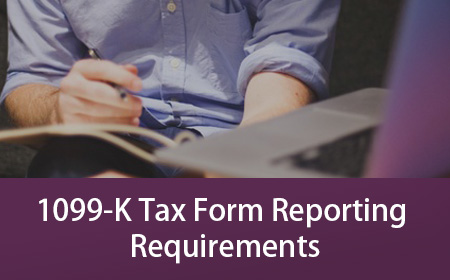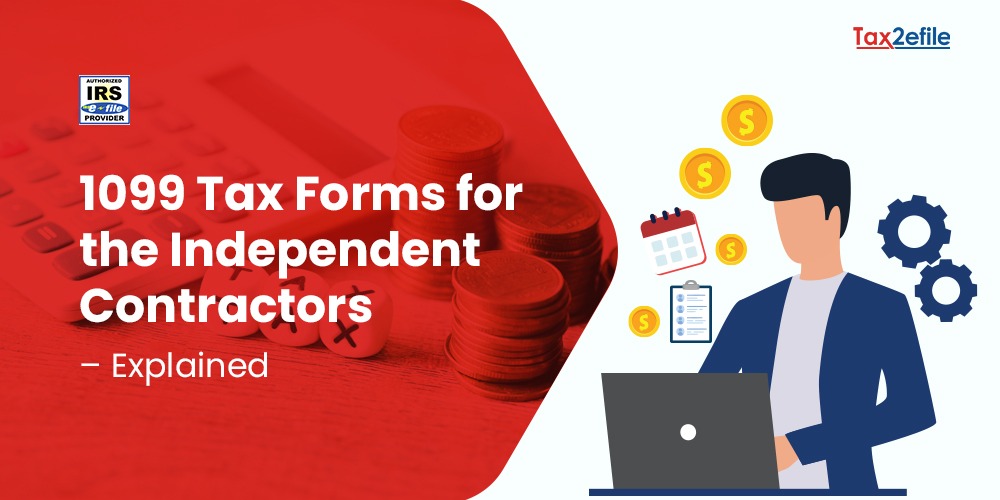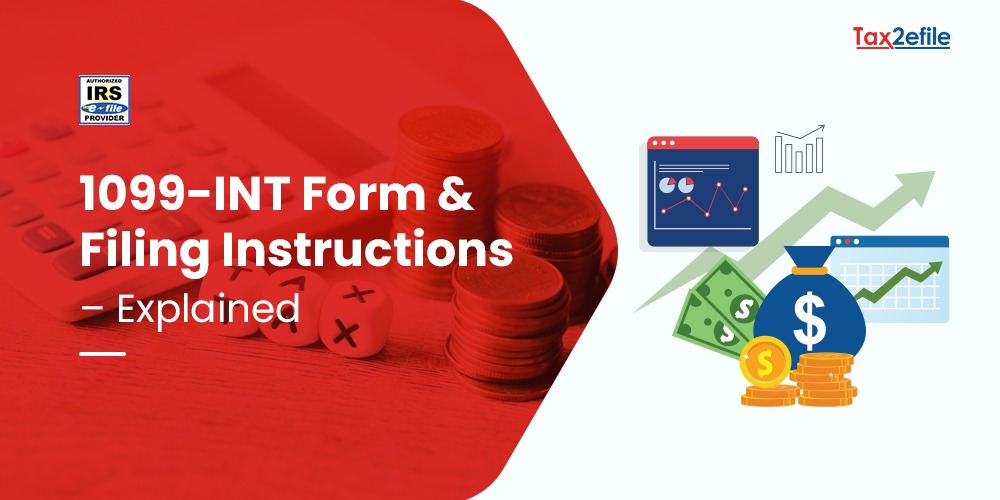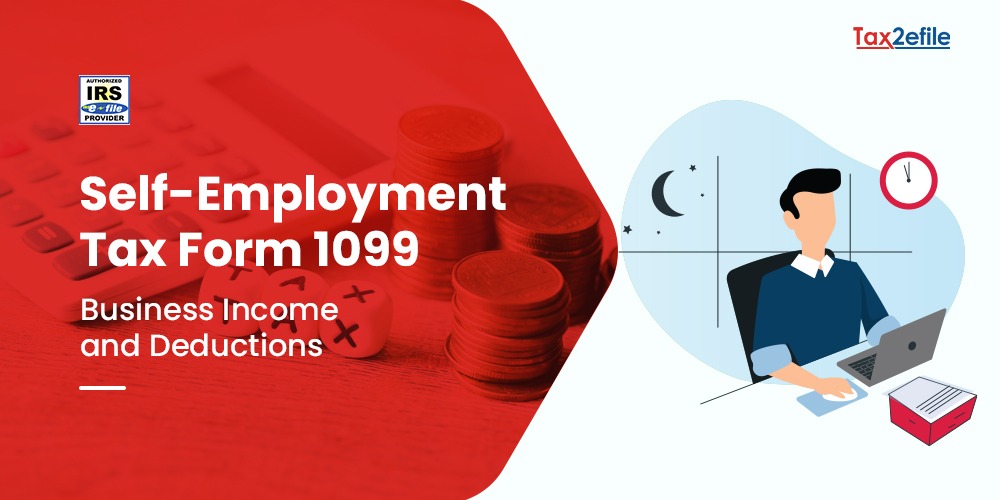- December 27, 2018

In this article, you will get an insight about the key requirements for both the Forms 1099 MISC and 1099 K, what payments to report and Where to report them? This article will help you understand more about the required information to collect before filing. There are many information returns, that is used to report the income but here we will concentrate more on the common information returns: 1099 MISC and 1099 K.
Table of Contents
1099-MISC Reporting Requirements
You should send the 1099 MISC forms when you paid a nonemployee $ 600 or more for his or her service during the tax year. Apart from these criteria, there are also other requirements based on the type of payments and the bond between the payer and the payee. Based on the guidance of the IRS, Form 1099 MISC is mandatory when you do the following types of payments:
- Royalties: When you are paying at least $10 in royalties.
At least $600 in:
- Rents: You need to report rental payments when your business rents property, like cars, equipment, or real estate.
- Non-employee Services performed: Professional fees paid to accountants, attorneys, directors, engineers, speakers, etc.; repairs to equipment or office machines; installation services, marketing services, landscaping servicesetc.
- Prizes and awards: This is applicable tocontest winnersand general prizes that your business was awarded. The winners of the prizes and awards also have to pay taxes on prizes.
- Other income payments: A regularsample is the payments for punitive damages.
- Medical and health care payments: Report any payments madeto doctors or other suppliers/providers of medical services in the course of your trade or business. Only payments to for-profit hospitals are reported and the payments to tax-exempt hospitals are not reportable.
- Attorney fees: Payments done to an attorney under the circumstance of a legal settlement are to be reported.
Key Exception for 1099-MISC Reporting
The most vitalkey exception for 1099 MISC reportingto restate is payments to the corporations. 1099 MISC is not required for all the payments you make to a particularcorporation. This signifies that you do not report this on a 1099-MISC, When you make payments to a company which is incorporated or an LLC that elects to be treated as a C-Corporation.
1099-K Reporting Requirements
Form 1099 K is required to be filed by the payment settlement entity (PSE). A PSE has two forms:
- Merchant Acquiring Entities
- Third-Party Settlement Organizations
The Third Party Settlement Organizations (TPSOs) is most relevant for the majority of the 1099 K form filers. A company needs to meet certain criteria to get considered for TPSO. The requirements are listed below:
- A significant number of unrelated parties establishes accounts.
- A bond between the sellers and organization in order to settle the payment transactions.
- Establishment of mechanisms and standards to settle the transactions.
- The guarantee of the organization that the provider will be paid.
Unlike the Form 1099 MISC, TPSO should dispute 1099 Ks to tax exempt entities similar to that of non-profits.
Do corporations receive form 1099-K?
Contrasting with 1099 MISC, the 1099 K form is sent both to the corporations and the individuals in order to report the payments. For instance, LLC, which elects to be treated as a C-Corporation should not send a 1099 MISC but would send the 1099 K based on the payer’s certain responsibility.
1099-K reports gross payments
On the Form 1099 K, as a filer, you need to report the gross payments that include certain fees and it was sent to the payee earlier to process platform fees.
When the payments are reportable on both Form 1099 MISC and Form 1099 K, they are reportable on Form 1099 K only
Conferring to the guidance of the IRS on the Form 1099 K:
Payments that are done through a payment card or credit card and certain other types of payments, which includes the third party transactions, should be reported on the Form 1099 K by the settlement of payment entity under the section 6050 W and it is not subjected to report on the Form 1099 MISC.
When a payer uses TPSO or a credit card to transfer the funds to an independent contractor or a non-employee for the payment reported on Form 1099 MISC, then the payer must report the payments on Form 1099 K.
When a company pays a non-employee (independent contractor ) for the service throughout the tax year, and the payer uses the credit card to pay, then the requirements for 1099 K is applicable. When the payer sent the payment through check, then the payment must be reported on the 1099 MISC.
Key Exceptions for 1099-K Forms
There are certain organizations and entities, which may not closely fit into the definition of a PSE but do not need to file the 1099 Ks.
- Insurance carriers and healthcare networks will send out payments frequently but they are not a TPSO technically. They are NOT required to file a 1099 K.
- 1099 K is not required to file by the in-house accounts payable departments. They can distribute the payments within a company, not to a third party.
- Automated clearing houses process the electronic payments between the sellers and the buyers via electronic checks, wire transfer, and direct deposit. ACH is not the processor that is responsible to report but a process to transfer the money.


